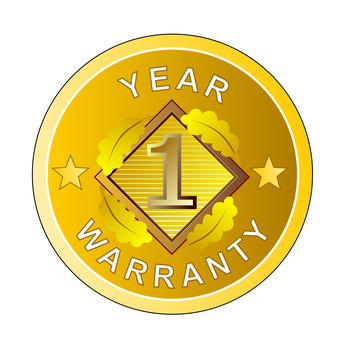
One of the reasons many people purchase new cars over used is the factory warranty. Some people assume that everything on the car is covered by their warranty. That's generally not the case. New car warranties do include a lot, but there are some exclusions. GM factory warranties are no exception to that rule, as some things are not included.
Before considering the exclusions of the GM warranty, it's important to have an understanding of the warranty in general. General Motors' basic warranty is for the first three years you own the vehicle, or the first 36,000 miles (whichever comes first). The power train warranty runs for the same period of time. General Motors vehicles come with a roadside assistance plan that's good for the same period. The corrosion (or rust) warranty is effective for the first six years you own the vehicle, regardless of mileage.
First exceptions to your GM factory warranty are "wear items." Wear items are things that wear out on their own and are expected to be replaced every so often. Brake pads would be an example. Windshield wiper blades would also be included, as are air and oil filters. Generally, these are standard maintenance items.
Tires are not actually included in a General Motors factory warranty. That doesn't mean your tires don't come with a warranty. It means that General Motors doesn't provide the warranty for the tires. As is the case with pretty much any manufacturer's warranty, tires are under a warranty from their manufacturer, not the automaker. The automakers don't manufacture the tires, but rather buy them (warranty and all) from the manufacturer.
Car batteries are not covered by your GM factory warranty. Again, that's because, just like tires, car batteries have their own warranty. Of course, if you bring your GM into the dealer with a bad battery, they'll probably take care of it (based on the warranty terms of the battery), but ultimately it's the battery manufacturer that is honoring the warranty, not GM.
Belts and hoses are generally excluded from the power train warranty, unless it can be proven that they failed due to a manufacturer's defect. The corrosion warranty is another section that has exclusions. Generally, rust warranties cover what is called "rust through" or rust that causes a hole clear through the metal. Surface rust is not covered by this type of warranty.